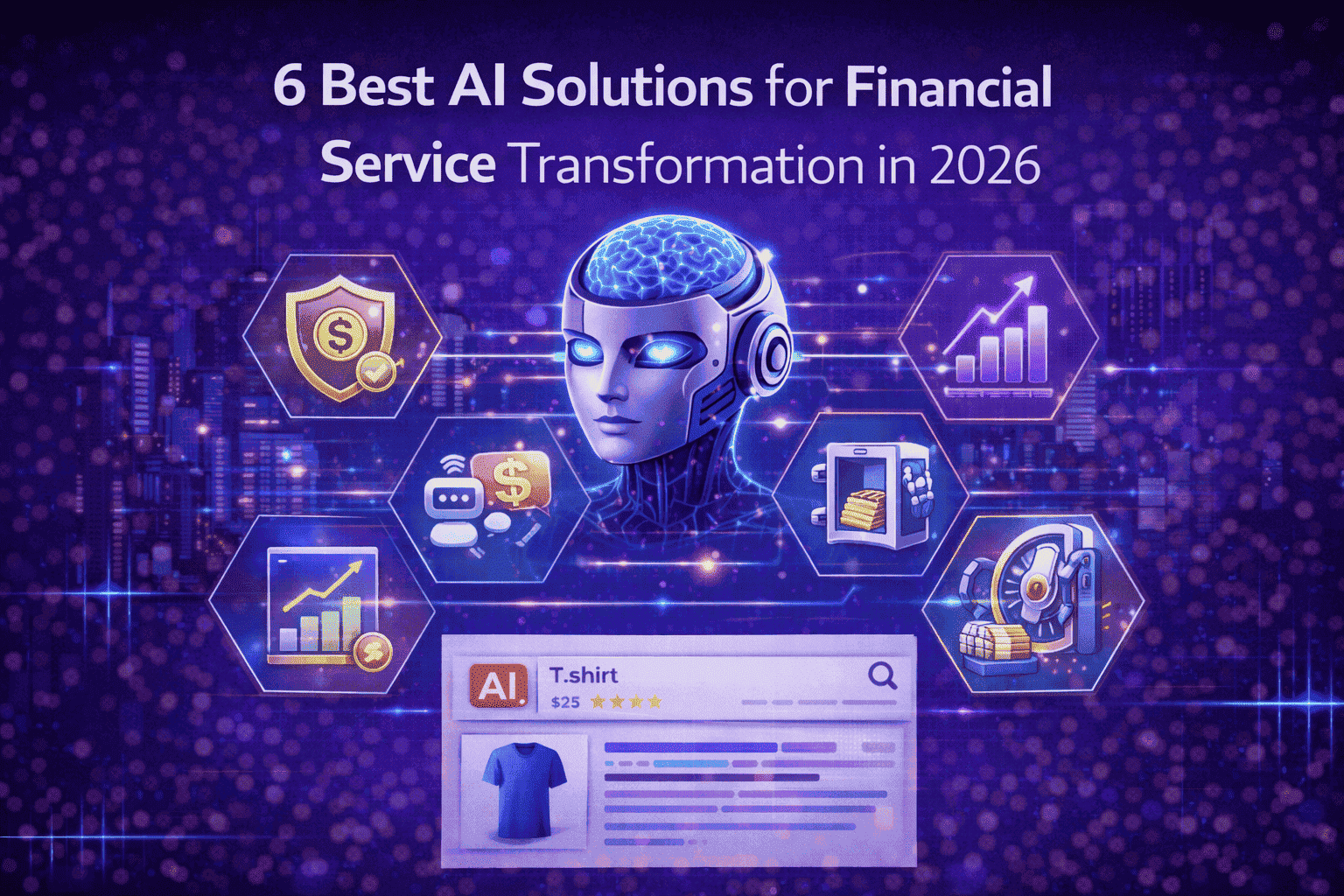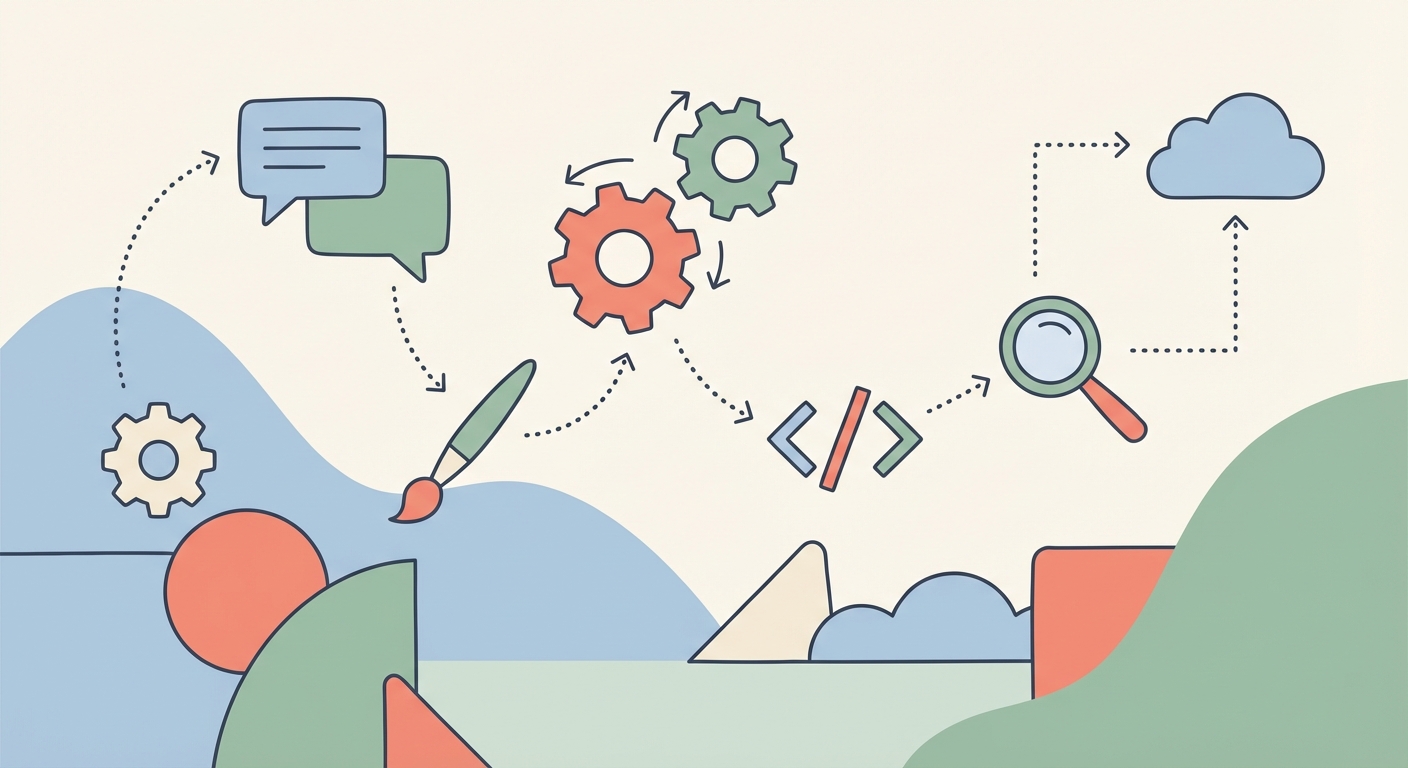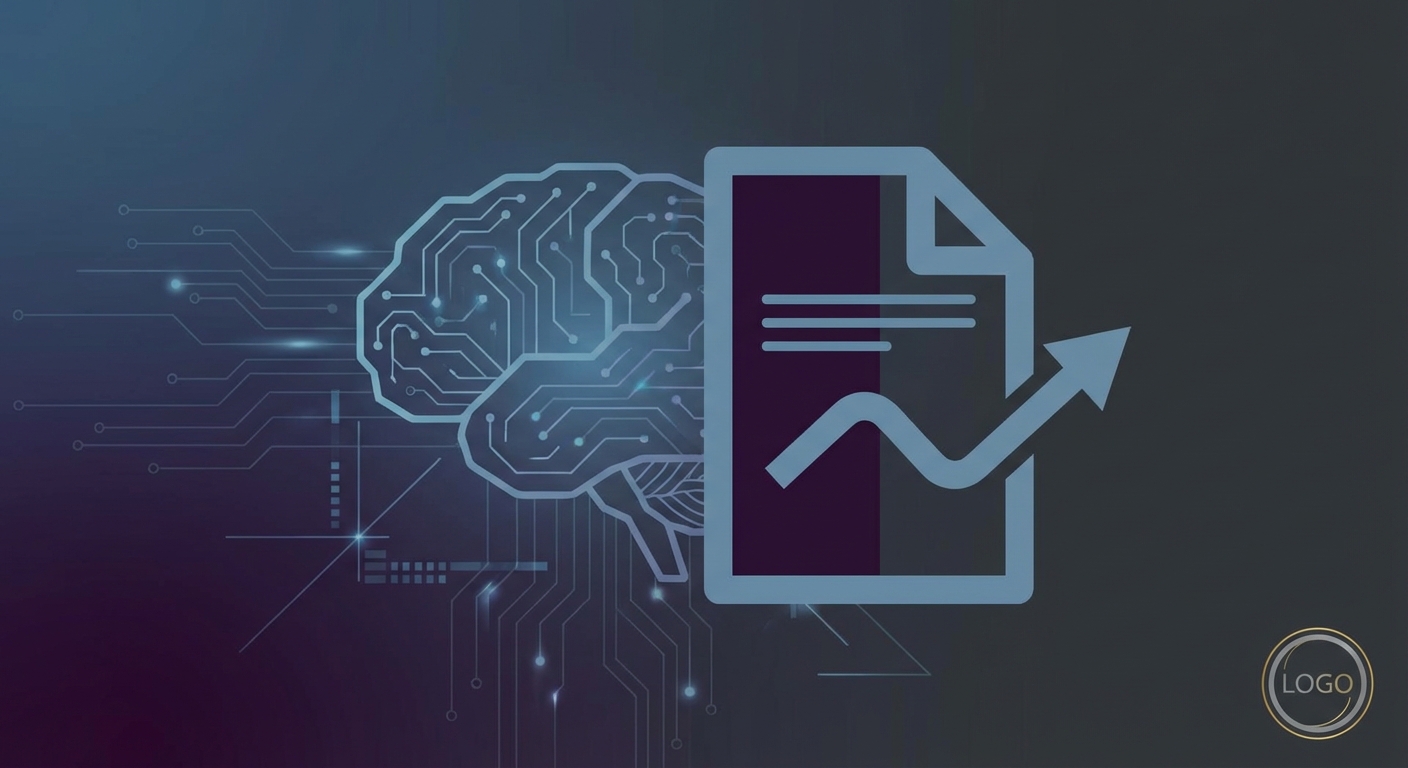How Digis Supports Startup Growth with Smart MVP Development Services
Every founder hears the mantra “build, measure, learn,” yet executing that loop under fundraising pressure takes practiced hands. Digis MVP development services for startups put discovery, AI, coding, and marketing under one roof, so feedback ricochets among teams rather than leaking through email threads. The result is a launch-ready product that addresses user pain points, drives retention, and provides investors with a clear dashboard of metrics. Exactly what you need to convert an early promise into sustained growth. Start with a discovery call, let the data tell you which feature matters most, and ship an MVP that proves your vision before your runway clocks out.
Why an MVP Beats a Feature Buffet
Seasoned investors no longer reward pitch decks stacked with ten-page roadmaps. They want proof that a team can focus on a single pain point, code a solution fast, and use real data to decide what comes next. Research from CB Insights shows that 42% of failed startups cite “no market need” as the root cause, a problem that an MVP can expose within the first month of beta testing. Digis uses customer-development interviews to narrow the feature list to two or three core jobs, then aligns every sprint with the One Metric That Matters (OMTM)—sign-ups per campaign dollar, churn after week four, or average spend per active user. By tying code to measurable behavior early, teams avoid the trap of building nice-to-have widgets that never drive revenue.
The AI Edge Inside Digis’ Discovery Phase
Discovery workshops start with a data crawl. Digis’ analysts scrape app-store reviews, public Slack channels, and Reddit threads related to the startup’s domain. A custom GPT-based topic-modeling script clusters thousands of comments into sentiment buckets, pain points, feature requests, and pricing gripes, ranked by frequency and emotional intensity. The result is a heat-map report that lets founders see exactly where frustration peaks and where delight lives. During a recent project for a health-tech startup, the NLP pipeline flagged “appointment reschedule fees” as the top complaint among users of incumbent platforms. That single insight steered the MVP toward a frictionless rescheduling flow instead of fancy telehealth AR filters that had originally captured the founder’s imagination. The pivot shaved six weeks off healthcare app development time and gave the startup a talking point in its seed-round pitch: a 52% drop in churn probability for users who rescheduled at least once without fees.
From Wireframe to Working Code in Twelve Weeks
Digis breaks its MVP timeline into four equal phases:
- Week 1-3: Prototype Low-fidelity Figma screens validated in hallway tests; product owners capture live feedback in Loom recordings.
- Week 4-6: Core Build React or Flutter front-end, Node or Django back-end, containerized in Docker from day one. Continuous Integration runs Playwright UI tests on every pull request, so regressions never reach staging.
- Week 7-9: AI Augmentation Add GPT-powered chat, recommendation models, or dynamic pricing engines. Training data remains anonymized; synthetic user profiles pad sparse segments to avoid bias.
- Week 10-12: Growth Sprint Marketing–engineering handoff. The growth desk writes onboarding emails and in-app tips, then A/B tests copy variants in Braze. Success metrics feed back into the backlog: if a help-center query spikes, the next sprint patches UX gaps before month-one renewals.
Putting Marketing in the Build Loop
Too many agencies treat marketing as a poster that goes up after the paint dries. Digis seats growth specialists inside stand-ups from sprint one. Copywriters supply microcopy before UI tickets hit development, avoiding placeholder lorem ipsum that can break layouts in later QA. Paid-acquisition managers build early Facebook and LinkedIn audiences from landing-page sign-ups, tagging each cohort, so the data warehouse can later link retention to ad creative. One B2B SaaS client used this loop to create a viral “prototype share” link that let early adopters embed a working demo in private Slack groups. Product and marketing shared the same click-track dataset, so engineers could see exactly which button placements drove demos, while marketers knew which UX paths converted installs. Result: customer acquisition cost dropped 18% in month two.
AI-Driven Feature Flags for Incremental Risk
Because MVPs move fast, new code can flicker between “genius” and “oops” within a single deploy. Digis layers a feature-flag service backed by LaunchDarkly, so product owners can gate AI modules behind percentage rollouts. A predictive-pricing algorithm, for instance, might start at 5% traffic exposure; if average cart value lifts without a spike in support tickets, exposure ratchets upward every twelve hours. If complaints rise, the rollback is instant and invisible to users. This safety net protects brand reputation and investor confidence while giving the data-science crew room to iterate.
Case Study: Seed-Stage FinTech Hits Product–Market Fit in Six Months
A London-based FinTech needed to prove that micro-savings round-ups could replace entry-level mutual funds for Gen-Z savers. Digis ran a three-day discovery sprint, which uncovered a yearning for “future self” visualizations rather than yet another bar graph. An MVP shipped with only two features: auto-round-up transfers and an AI-generated aging avatar that grew every time a user crossed a savings milestone. Metrics after twelve weeks in TestFlight:
- Daily Active Users: 68% of install base
- Average Weekly Deposit: £43 versus the industry’s £18
- Referral Rate: 22% of new accounts came from in-app invite links
Armed with data and a polished demo, the startup closed a £1.7 million seed round, citing Digis’ sprint notes in its due diligence packet to prove engineering discipline.
How Digis Stays Founder-Friendly on IP and Costs
Founders keep the GitHub org from day one, pushing Digis to submit pull requests like any internal dev. Budget remains transparent through burn-down charts tied to Story Points; surprise invoices never surface. If priorities shift mid-sprint, unstarted tickets move to the backlog with no change fee, protecting runway when market feedback diverges from hypotheses.
Choosing Digis as Your MVP Partner
Before signing, Digis hands prospects a worksheet with five pre-mortem questions:
- If the product fails, which metric will have predicted it?
- Which user persona gets fired if the product disappears tomorrow?
- How many support tickets per one thousand users are acceptable in month one?
- What’s the maximum wiggle room on your go-live date?
- Which exit criteria unlock Series A fundraising?
Co-founders answer on a call recorded in Otter.ai, producing a transcript that becomes sprint zero’s acceptance criteria. This clarity prevents scope creep and speeds decision-making when sprint demos hit unexpected snags.
Digis MVP Development Services for Startups: Wrap-Up
Launching a product is a high-wire act: hurry, and you risk releasing half-baked features; linger, and a competitor grabs market share. Minimum Viable Product (MVP) thinking keeps founders balanced, but turning ideas into a testable build in eight to twelve weeks still calls for sharp technical judgment. Digis has spent the past decade refining an MVP framework that blends lean strategy, fast-iterating code, and data-driven marketing insights to help startups raise funds, recruit early adopters, and chart a clear roadmap. Below, you’ll see how artificial intelligence and growth-marketing know-how weave through each milestone, mock-ups, builds, and user funnels, to cut waste while amplifying traction.




